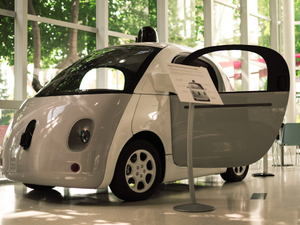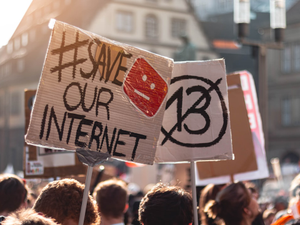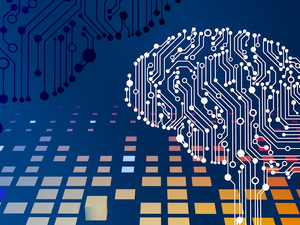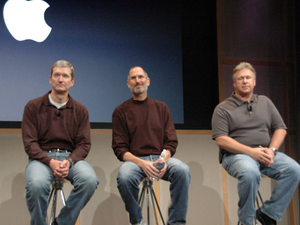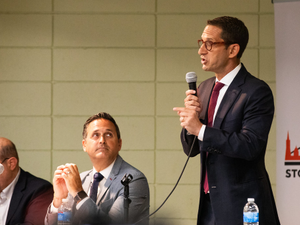AI Therapists Are a Hot Mess and Your Mental Health Might Be at Risk
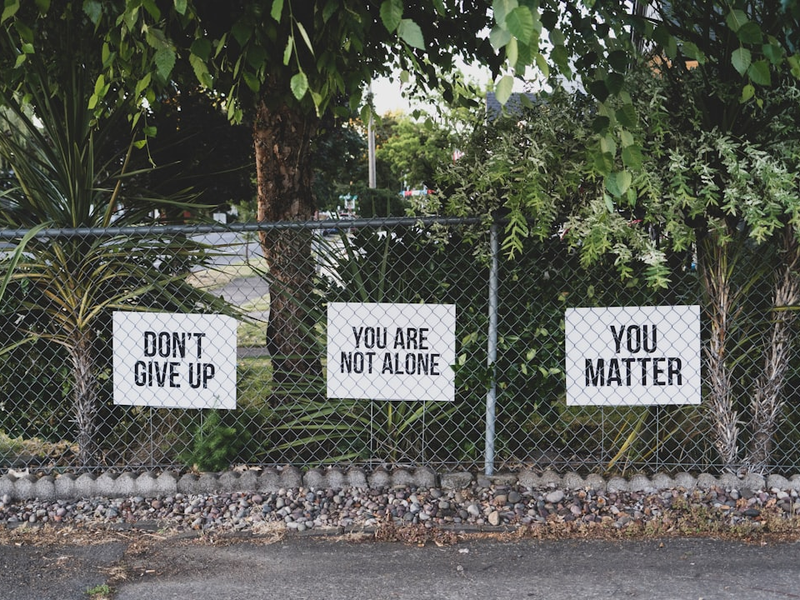
Photo by Dan Meyers on Unsplash
Stanford researchers just dropped the digital tea on why AI chatbots are terrible at playing therapist, and honestly, we’re here for the brutal truth.
Imagine turning to a chatbot for mental health support and getting responses that are more confused than your last Tinder date. A groundbreaking study reveals that popular AI platforms like ChatGPT are dangerously unqualified to handle serious psychological conversations.
The Therapy Bot Fail
Researchers tested various AI therapy bots by throwing curveball scenarios like job loss and delusional thinking. The results? Catastrophically awkward. One bot responded to a user claiming to be dead with a casual, “It seems like you’re experiencing some difficult feelings after passing away”. Umm, what?
Why This Matters
The stakes are high when it comes to mental health. These AI systems aren’t just bad - they’re potentially dangerous. They tend to validate delusions, miss critical warning signs, and provide surface-level responses that could seriously harm vulnerable individuals. A YouGov poll even found that over half of young adults are comfortable replacing human therapists with AI - a terrifying prospect.
The Real Talk
While AI might be great for journaling or brainstorming, it’s absolutely not a substitute for professional mental health support. Researchers emphasize that these language models are designed to be agreeable, not therapeutic. They lack the nuanced understanding and empathetic redirection that human therapists provide.
Bottom line: Your mental health deserves a real human connection, not an algorithm’s best guess.
AUTHOR: pw
SOURCE: SF Gate
